Description
**”Operation Underworld: How the Mafia and U.S. Government Teamed Up to Win World War II”** is a book by **Matthew Black** that delves into the secret collaboration between the U.S. government and organized crime during World War II. The operation is largely focused on the role of the Mafia in helping the U.S. military in securing strategic locations, gathering intelligence, and preventing sabotage on American soil.
Here’s a breakdown of the operation and its significance:
### The Mafia’s Role:
– **The Mafia’s Involvement:** In the early years of World War II, the U.S. government was concerned about the possibility of Axis powers—specifically Italy and Germany—having a foothold in the United States, especially among the immigrant communities. The Mafia had significant influence in these areas, particularly along the Eastern seaboard, and was involved in various illegal activities, including smuggling and racketeering.
– **The U.S. Government’s Need for Assistance:** The U.S. was facing logistical and security issues related to its war effort, especially in major ports like New York. The government realized that the Mafia’s resources and connections could be useful, particularly for guarding the waterfronts, protecting ships from sabotage, and preventing labor strikes that could cripple wartime industry.
– **Charles “Lucky” Luciano’s Key Role:** The Mafia’s collaboration with the U.S. government was largely orchestrated through **Charles “Lucky” Luciano**, a powerful Mafia boss who was imprisoned at the time. The U.S. government struck a deal with Luciano, offering him a reduced sentence in exchange for his help. Luciano had contacts among the waterfront unions, dock workers, and military personnel, and his influence was instrumental in ensuring the security of American ports.
### The Operation:
– **Intelligence Gathering:** Luciano and his associates provided vital intelligence, including information on potential Axis spies operating in the U.S. They also assisted with anti-submarine efforts along the coast, ensuring that enemy agents and saboteurs didn’t infiltrate critical areas.
– **Control of the Waterfront:** Luciano helped establish control over the labor unions on the docks, which enabled the government to prevent strikes and labor disruptions that could have harmed war production. His influence also extended to preventing German agents from interfering with ships entering and leaving U.S. ports.
– **The Outcome of the Collaboration:** The Mafia’s role was seen as essential to the successful protection of vital wartime resources. In exchange for his cooperation, Luciano’s sentence was commuted, and he was later deported to Italy after the war. His work was largely unrecognized for many years, and only in later decades did the full scope of this secret partnership become known.
### The Legacy:
– **Post-War Impact:** After the war, Luciano’s influence in Italy and his relationships with U.S. military intelligence persisted. Some historians argue that the Mafia’s ties with the U.S. government paved the way for the post-war period of criminal cooperation and the shaping of Italian-American organized crime.
– **Historical Repercussions:** The story of Operation Underworld reveals the pragmatic decisions made by the U.S. government during a time of total war, showing how alliances with criminal organizations were sometimes viewed as a necessary evil in securing national interests.
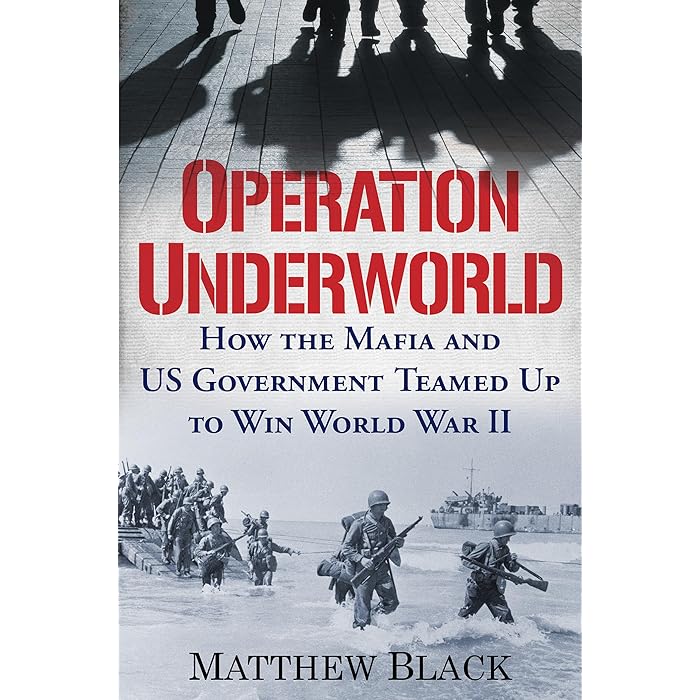
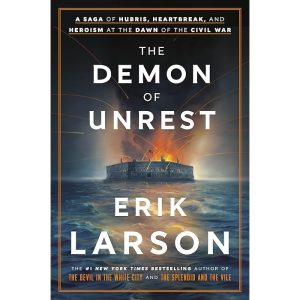


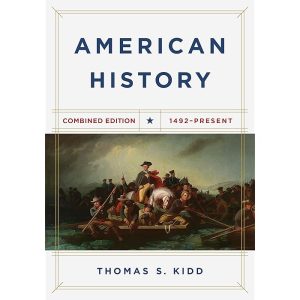
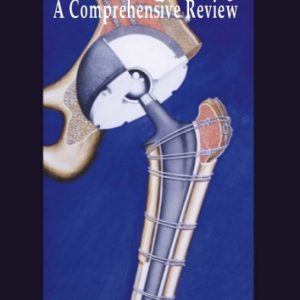
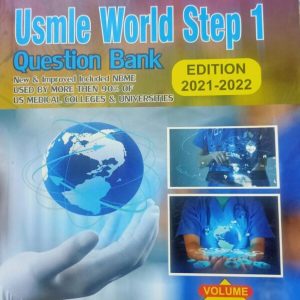
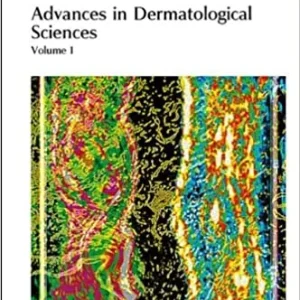


Reviews
There are no reviews yet.